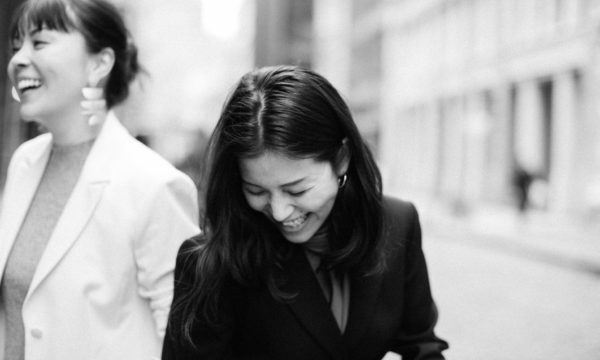My Unproductive Relationship With Productivity
October 05, 2017 | Filed in: Your Brain
Like many professional women with more responsibilities than there are hours in the day, I have an obsession with organization. There’s no method that I won’t try at least once—Pomodoro, Bullet Journals, and Inbox Zero have each beckoned to me at different points in my career, with varying results. This yearning to discover the One True Method that will finally allow me to Have It All has taken me down some serious internet rabbit holes, where I’ve spent hours in the mines of productivity journalism looking for diamonds.
For those unfamiliar with this genre, there is a lot of content. My taste runs toward articles whose headlines begin with “The 3 Habits of All Successful ______”, or “How To Get The Most Out of Your Morning / Afternoon / Evening / Workout / Meeting / Bathroom Break / Happy Hour.” They speak to a part of me that feels like if I gather as much insight into the habits of other successful people as I can, I will become more productive by pure osmosis.
As you can imagine, the quest to change my life one article at a time has gone… okay. I never regret experimenting with new ways to work, and I’ve picked up some good tips along the way. (It’s true what they say—Bullet Journaling is magical.) But a side effect of trying (and often failing) at these different productivity “experiments” is a creeping feeling of anxiety, inadequacy, and paranoia that everyone around me is doing a better job at keeping it together than I am.
Turns out I’m not alone. Oliver Burkeman identified this very feeling in The Guardian, writing of methods like Inbox Zero and the 4-Hour Workweek: “The truth is that more often than not, techniques designed to enhance one’s personal productivity seem to exacerbate the very anxieties they were meant to allay. The better you get at managing time, the less of it you feel that you have.”

If that’s not existential enough for you, put this in your day planner and smoke it:
“At the very bottom of our anxious urge to manage time better… it’s not hard to discern a familiar motive: the fear of death. As the philosopher Thomas Nagel has put it, on any meaningful timescale other than human life itself—that of the planet, say, or the cosmos—’we will all be dead any minute’”.
Well. No wonder I was feeling blue after hours of reading about how to beat the clock. But it highlights an important truth: If we spend all our time obsessing over how to use every moment to its maximum capacity, we eliminate space for spontaneity, creativity, change, and leisure—the things that make life worth living.
Philosophers have touted the importance of leisure for centuries, going all the way back to Aristotle, who said “We work to have leisure, on which happiness depends.” In 1948, decades before smartphones and email, the German philosopher Josef Pieper wrote a manifesto called “Leisure: The Basis of Culture” that feels just as relevant today. He says:
“The original meaning of the concept of ‘leisure’ has practically been forgotten in today’s leisure-less culture of ‘total work’: in order to win our way to a real understanding of leisure, we must confront…how extensively the opposing idea of ‘work’ has invaded and taken over the whole realm of human action and of human existence as a whole.”
So this fall, the time of year when I am most susceptible to that back-to-school feeling (this is finally the year to overhaul my life with a new email sorting system!), I’m going to try to remember that an unscheduled is not necessarily a wasted minute.

And rather than read my millionth article on productivity, I want to instead keep in mind one of the most poignant insights in Pieper’s argument:
“Leisure is not the attitude of the one who intervenes but of the one who opens himself; not of someone who seizes but of one who lets go, who lets himself go, and ‘go under,’ almost as someone who falls asleep must let himself go… The surge of new life that flows out to us when we give ourselves to the contemplation of a blossoming rose, a sleeping child, or of a divine mystery — is this not like the surge of life that comes from deep, dreamless sleep?”









